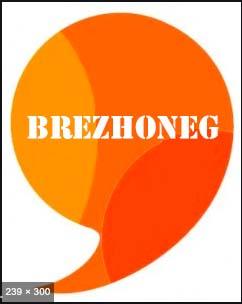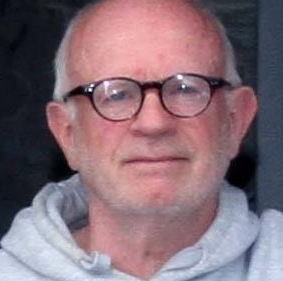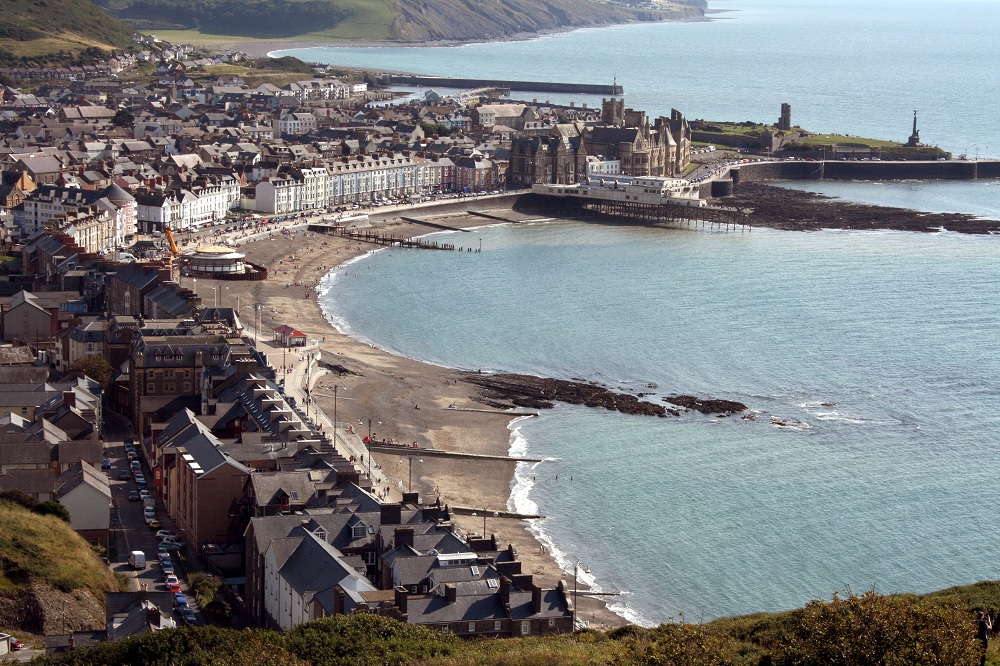He was responding to a tweet by former Plaid Cymru parliamentary candidate Vaughan Williams who described the renaming of Welsh houses and place names as “linguistic cleansing”.
“It’s been going on for years,” Huw Edwards said. “So Porth Trecastell became ‘Cable Bay’ and the historic church of Nantcwnlle — now a private home — became ‘Dunroamin’.
“I propose replacing London with its old Welsh name ‘Caerludd’. No? Ah. I thought not.”
An argument about linguistic anglicisation of Welsh place names seemed to begin on the site after the account Anglesey Social Media posted a tweet calling a beach near Amlwch ‘the Creek’.
BBC broadcaster Aled Hughes pointed out that the beach was called ‘Traeth Dynion’, and Tudur Owen who hosts a comedy show on Radio Cymru said that he had informed the account of the Welsh name in 2018. He was subsequently blocked by Anglesey Social Media.
Tudur Owen then posted a tweet saying he felt his home area in Gwynedd and Ynys Môn had become “increasingly Anglicised over the last few years”.
‘Valuable’
Suzy Davies AM, the Conservative Shadow Minister for the Welsh Language, also cautioned against the ‘anglicisation’ of Welsh place names.
“Huw makes an amusing point, but no less powerful for its cheekiness,” she said. “However, that it follows the news report yesterday that Transport for Wales (TfW) had, according to a leaked report, broken the law over its use of the Welsh language, makes for quite sad reading.
“We Welsh Conservatives supported a backbench bill to protect Welsh place names, but neither the Welsh Government no Welsh Labour supported it, and the bill was defeated by three votes.
“Huw is a such a well-known figure – from election night coverage to commentating on the annual Festival of Remembrance, and from presenting the BBC’s flagship news programmes to commentating on royal events – that I wonder if he could use his influence on not only this issue, but perhaps also to bring more news from this devolved nation to the UK as a whole.
“Rarely does Wales – or Scotland and Northern Ireland – feature on mainstream media news across the UK.
“Even when reports are flagged up as relevant in England only, we’re not told what the position is in the other UK nations. It’s time that news from all nations in the UK is reported to the country as whole, because understanding our present is every bit as valuable as understanding our history.”
Prohibition
In 2017 a bill at the Senedd to protect historical place names in planning law has failed after AMs voted against it. The Welsh Government’s Ken Skates said the proposals were not feasible.
All the opposition groups – Plaid Cymru, UKIP and the Conservatives – supported the proposal, but with Labour opposed AMs voted 28 against to 25 for.
The bill would have deployed a range of measures to protect names, including establishing a system where people who want to change a historic name must seek consent to do so, and a general prohibition on changing a historical place name.
However, Ken Skates said during the debate: “I do not see how any system of general consent or control for changes can be feasible or affordable.”










